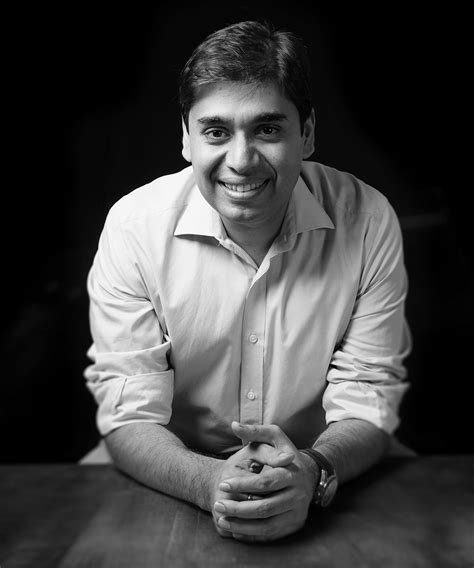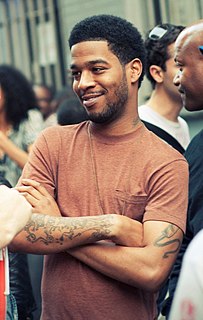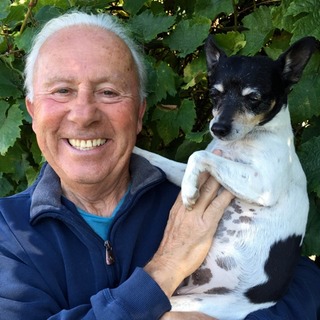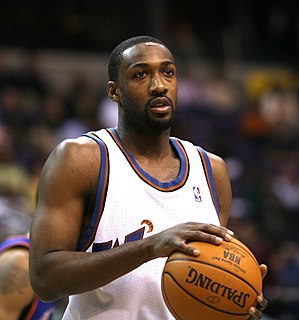A Quote by Naveen Tewari
I come from a middle-class family, where you grow up thinking about government service. But when I went to Harvard, I saw that entrepreneurs and business leaders were just like me. It gave me a feeling that I could also do such things.
Related Quotes
I could feel myself changing physically. It was like something dropped out of the sky. Seeing her on the fire escape had given me a certain feeling, and then when I saw the photograph of her, it gave me a similar feeling. And I thought that was an incredibly powerful thing - that a photograph could give you a feeling that was similar to a feeling you had in the physical world. Nobody could've told me that. I knew what I was going to do for the rest of my life.
Actually the royal family were very gracious and good to me. But I also found that the British establishment were never quite sure what to make of me. I was a Labour figure, but I'd come from a very middle-class background. In one sense I offended both traditional right and traditional left. But I thought that was no bad thing.
A theory of the middle class: that it is not to be determined by its financial situation but rather by its relation to government. That is, one could shade down from an actual ruling or governing class to a class hopelessly out of relation to government, thinking of government as beyond its control, of itself as wholly controlled by government. Somewhere in between and In gradations is the group that has the sense that gov't exists for it, and shapes its consciousness accordingly.
[I]t just makes me tired even thinking about it. It reminds me of that feeling I had before I left. Like my lungs were made of lead. Like I can't even think about starting to care about anything. Like I either wish that they were all dead, or I was, because I can't stand the pull of all that history between us. That's before I even pick up the phone. I'm so tired I never want to wake up again. But I've figured out now that it was never them that made me feel that way. It was just me, all along.
Now many things are beginning to come out and it was truly a reality to me when I went to Africa, to Guinea. The little things that had been taught to me about the African people, that they were "heathens," "savages," and they were just downright stupid people. But when I got to Guinea, we were greeted by the Government of Guinea, which is Black People - and we stayed at a place that was the government building, because we were the guests of the Government.
I saw that we needed to grow but our top line wasn't growing, so we had to find other ways to grow the business. We had to reshape our business and acquire share in a non conventional way. But most tech leaders don't come out of a business background. They really have a parochial point of view. All they know are the go-go years of Silicon Valley. That's the environment in which they were raised.
The thing that happened in Washington -- it happened. All you can do is just grow from it. That took a toll on me. That was probably -- I think if I could've bounced mentally out of that situation faster than I did, I would probably still be in the NBA. But since I couldn't understand why they were trying to treat me like that, I basically gave up. I just didn't want to be a part of it anymore.



































